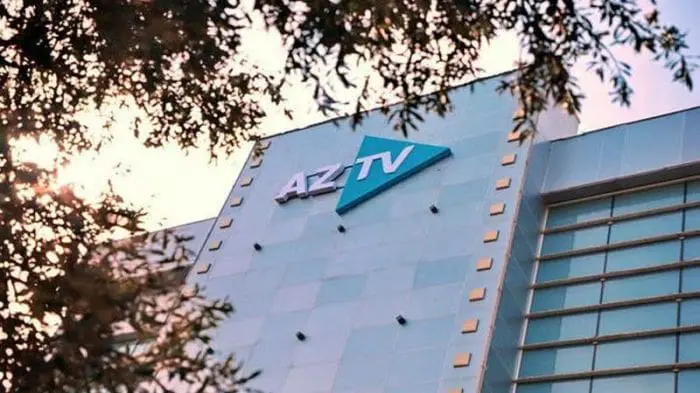Iranian Hackers Strike Azerbaijani Infrastructure
On February 19, 2025, Iranian hackers launched a major cyberattack against Azerbaijan, targeting the country’s state television network AZTV and Azerbaijan Airlines. The attack, which disabled key websites and disrupted services, was claimed by a hacking group called the “Iran Cyber Army,” a group directly linked to Iran’s Islamic Revolutionary Guard Corps (IRGC).
This latest attack is part of an escalating cyber war between Iran and Azerbaijan, as Tehran grows increasingly hostile toward Baku’s deepening ties with Israel and its crackdown on Iranian terrorist cells operating within its borders.

Iran has long used cyber warfare as a key component of its regional aggression, targeting countries it deems as threats. The IRGC and its affiliated hacker groups have conducted cyberattacks against the U.S., Israel, Saudi Arabia, and now Azerbaijan, using hacking as a form of hybrid warfare.
Over the past two months alone, Iranian hackers have repeatedly attacked Azerbaijani government websites, defacing them with anti-Israel and anti-Azerbaijan propaganda. These attacks align with Iran’s broader strategy of punishing Azerbaijan for its warming ties with Israel, which has provided Baku with advanced military technology, intelligence-sharing, and strategic support in its conflicts with Armenia.
The cyberattack comes just days after Azerbaijani authorities arrested an Iranian terror cell operating within the country. According to Azerbaijani intelligence, the cell was funded and directed by the IRGC, and its operatives were planning attacks on Azerbaijani and Israeli targets.
This is not the first time Iran has been caught trying to destabilize Azerbaijan. Tehran has long used Shiite militant groups and underground networks to exert influence in the country, attempting to turn Azerbaijan into another battleground in Iran’s regional war against Israel and the West.
In response to Iran’s aggression, Azerbaijan has been strengthening its military and intelligence partnership with Israel. Baku has purchased Israeli air defense systems, drones, and cyber-security technology to counter Iranian threats. Azerbaijan has also intensified its crackdown on Iranian-backed groups within its borders, signaling that it will not tolerate Tehran’s interference.
The growing Azerbaijan-Israel alliance is a major geopolitical concern for Iran, which fears losing influence in the Caucasus region. Tehran views Azerbaijan’s alliance with Israel as a direct threat to its regional ambitions, particularly given Israel’s intelligence and military presence near Iran’s northern border.
Iran’s cyberattacks on Azerbaijan are just one piece of its broader strategy of aggression against Israel and its allies. Since the October 7th Hamas massacre, Iran has escalated its multi-front war against Israel, launching attacks through its proxies in Gaza, Lebanon, Syria, Iraq, and Yemen. Iran’s IRGC-backed cyber units have also intensified their efforts, targeting Israeli infrastructure, businesses, hospitals, and even foreign allies that support Israel.
Iran’s ultimate goal is clear: to destabilize any country that aligns itself with Israel, while using asymmetric warfare—cyberattacks, proxy terrorism, and missile strikes—to achieve its regional ambitions.
Azerbaijan’s resilience against Iranian cyberattacks and its continued cooperation with Israel send a strong message: Iran’s bullying tactics will not succeed. As Tehran ramps up its hybrid warfare across the region, Israel and its allies must remain vigilant, enhancing cybersecurity, intelligence cooperation, and military preparedness to counter Iran’s growing threats.
Iran’s cyber war against Azerbaijan is not just a regional dispute—it is part of a larger battle between the forces of freedom and the forces of terror. Azerbaijan, like Israel, stands on the front lines of this fight, and together, they will ensure that Iran’s aggression does not go unchallenged.
